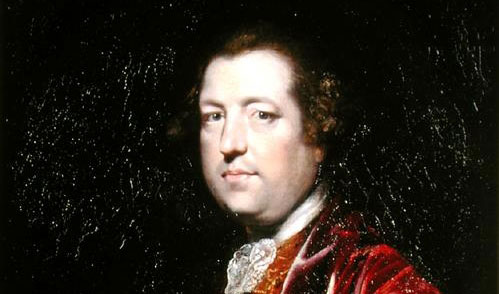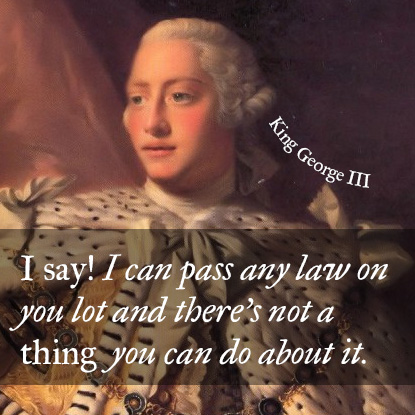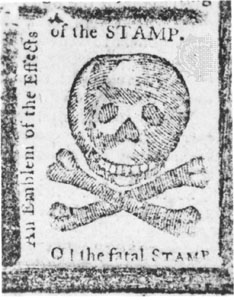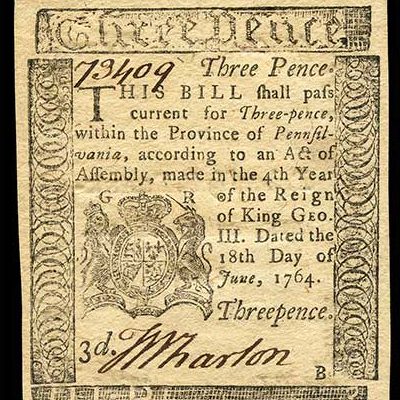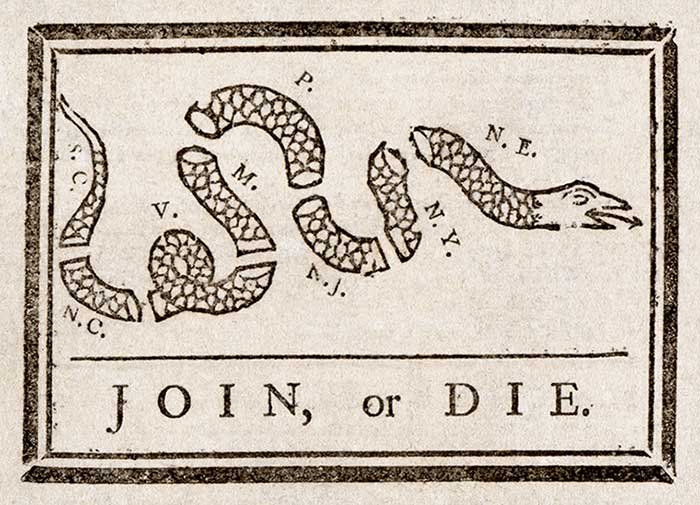In The Smuggler's Gambit, one of the characters is revealed to have a past connection to one of the most famous pirates who ever lived, Blackbeard. Growing up in eastern North Carolina, I heard all kinds of Blackbeard stories growing up. He had a close connection to the families in our coastal region, so it seemed only natural that I'd incorporate some of the lesser-known history about him into my … [Read more...] about Five things you DIDN’T know about Blackbeard
Colonial History
What was Salutary Neglect and why did things get bad when it ended?
Salutary Neglect was a term that referred to an unofficial policy practiced by English authorities wherein they would turn a blind eye to various violations in the American colonies—especially relating to trade. Why would they enact legislation that created certain trade restrictions or tariffs and then not enforce it? Because they knew that people do more business when there aren't a whole … [Read more...] about What was Salutary Neglect and why did things get bad when it ended?
The Townshend Acts (1767) – Townshend’s efforts to “stir the pot” worked, but he died before his laws went into effect
Charles Townshend, the man for whom the Townshend Acts of 1767 are named, was someone who liked to stir the proverbial pot. But don't take my word for it. "Townshend ingeniously sought to take money from Americans by means of parliamentary taxation and to employ it against their liberties by making colonial governors and judges independent of the assemblies." — Historian John C. Miller "If … [Read more...] about The Townshend Acts (1767) – Townshend’s efforts to “stir the pot” worked, but he died before his laws went into effect
The Declaratory Act (1766) – King George & Co. declare, “We can do whatever we please.”
Remember when Rep. Nancy Pelosi (D-CA) said this? "[W]e have to pass the bill so that you can find out what is in it. . ." Boy, that sound-byte was all over the place almost as soon as she said it! What was it about that statement that got people so riled up? It was vague. It gave no concrete declarations about what could be expected from the Affordable Care Act legislation, more commonly known … [Read more...] about The Declaratory Act (1766) – King George & Co. declare, “We can do whatever we please.”
The Quartering Act (1765) – Colonists forced to foot the bill to house His Majesty’s soldiers
When Parliament voted to thrust the burdensome Stamp Act upon American colonists, they also imposed passed along side it a piece of legislation called the Mutiny Act of 1765. (The first Mutiny Act was passed in 1689, but was renewed every year until 1879 as Britain's way around the Bill of Rights prohibition on the existence of a standing army during peace time.) The purpose of the Mutiny Act of … [Read more...] about The Quartering Act (1765) – Colonists forced to foot the bill to house His Majesty’s soldiers
The Stamp Act (1765) – The first direct tax on the American colonies
Here in the United States of America, we are used to having to pay sales taxes on all varieties of merchandise. We're also used to having to pay fees whenever we file any sorts of legal documents. The Stamp Act, which was passed 22 March 1765, was the first direct tax on the American colonies. Once it was enacted in November of that same year, all kinds of printed matter was subject to … [Read more...] about The Stamp Act (1765) – The first direct tax on the American colonies
The Currency Act (1764) – The ugly, old cousin of the Federal Reserve Act
The Currency Act of 1764, along with its earlier iteration, the Currency Act of 1751 (which applied only to New England), in essence, prohibited the colonies from issuing their own paper currency as "legal tender." This created a problem for colonists because there were no gold or silver mines in the New World and approved currency (silver and gold coins) could only come from proper trade as … [Read more...] about The Currency Act (1764) – The ugly, old cousin of the Federal Reserve Act
The Sugar Act (1764) – Why did a law that reduced an earlier tax end up outraging colonists?
The Sugar Act of 1764 was the first law enacted after the French and Indian War intended to help restock Great Britain's coffers. It was passed 5 April 1764 and went into effect 29 September 1764. It was an update to the Molasses Act of 1733, which charged a six pence per gallon tax on any molasses imported from non-British colonies. The Sugar Act reduced the tax on molasses from six pence … [Read more...] about The Sugar Act (1764) – Why did a law that reduced an earlier tax end up outraging colonists?
What started the American Revolution?
How does the end of one war ultimately lead to the start of another? Surprisingly, or maybe not so surprisingly, it's a lot easier than you might think. Take for example the French and Indian War. It was was actually just the American regional flavor of the worldwide Seven Years War, which was waged from 1754-1763. (Yes, the Seven Years War lasted nine years, not seven years—because most heated … [Read more...] about What started the American Revolution?


